Breast Cancer Paraneoplastic Syndrome
Breast cancer paraneoplastic syndrome. These disorders typically affect middle-aged to older people and are most common in individuals with lung ovarian lymphatic or. Although the pathogenesis remains unclear these symptoms may be secondary to substances secreted by the tumor or may be a result of antibodies directed against tumors that cross-react with other tissue. Often these syndromes present a problem as there is no apparent tumour and therefore unknown receptors.
What are the risk factors for paraneoplastic syndromes. Paraneoplastic syndrome is a set of signs and symptoms which develop at distant sites from a tumorcancer. Nearly one third of these patients lack detectable onconeural antibodies ONAs and improvement in neurologic deficits with concomitant cancer treatments is achieved in less than 30 of cases.
Paraneoplastic syndromes develop in roughly 20 of people who have cancer. Symptoms are mediated by cytokines hormones or immune cross-reactivity. Most of these are.
In breast cancer there are known to be paraneoplastic endocrine syndromes and neurologic syndromes. The syndromes may occur before or after the onset of clinical manifestations of the tumor sometimes years before or. Risk factors include age a previous cancer diagnosis or a family history of certain cancers.
The neurologic syndromes are often hard to identify and treat. Paraneoplastic syndromes are rare manifestations of underlying malignancies most commonly small cell lung cancer and invasive ductal carcinoma of the breast. They occur most often in middle-aged people with breast lymphatic lung or ovarian cancer.
Paraneoplastic neurologic syndromes PNS pose quite an uncommon neurological complication affecting less than 1 of patients with breast cancer. Symptoms are mediated by cytokines hormones or immune cross-reactivity. In breast cancer there are known to be paraneoplastic endocrine syndromes and neurologic syndromes.
The tumors usually associated with this PNS are cancer of. When the disorder is the paraneoplastic type a specific antibody called anti-amphiphysin is usually found in the blood and spinal fluid of the patient.
They occur most often in middle-aged people with breast lymphatic lung or ovarian cancer.
The neurologic syndromes are often hard to identify and treat. The tumors usually associated with this PNS are cancer of. Paraneoplastic associated with cancersee also Overview of Cancer syndromes occur when a cancer causes unusual symptoms due to substances that circulate in the bloodstream. Nearly one third of these patients lack detectable onconeural antibodies ONAs and improvement in neurologic deficits with concomitant cancer treatments is achieved in less than 30 of cases. Although the pathogenesis remains unclear these symptoms may be secondary to substances secreted by the tumor or may be a result of antibodies directed against tumors that cross-react with other tissue. Paraneoplastic syndromes are remote effects of cancer that are not a direct result of the tumor mass or its metastases said Alan Pestronk MD of Washington University School of Medicine. Paraneoplastic syndromes develop in roughly 20 of people who have cancer. Breast cancer related neurologic paraneoplastic syndromes includes sensory and motor-type neuropathies paraneoplasic cerebellar degeneration opsoclonusmyoclonus syndrome OMS stiff person syndrome encephalomyelitis and paraneoplastic retinopathy 4 5. In breast cancer there are known to be paraneoplastic endocrine syndromes and neurologic syndromes.
These disorders typically affect middle-aged to older people and are most common in individuals with lung ovarian lymphatic or. These disorders typically affect middle-aged to older people and are most common in individuals with lung ovarian lymphatic or. When the disorder is the paraneoplastic type a specific antibody called anti-amphiphysin is usually found in the blood and spinal fluid of the patient. Paraneoplastic syndromes occur secondary to the indirect effects of a malignancy and occur remotely to the primary malignancy. The tumors usually associated with this PNS are cancer of. Paraneoplastic syndromes are thought to happen when cancer-fighting antibodies or white blood cells known as T cells mistakenly attack normal cells in the nervous system. In breast cancer there are known to be paraneoplastic endocrine syndromes and neurologic syndromes.




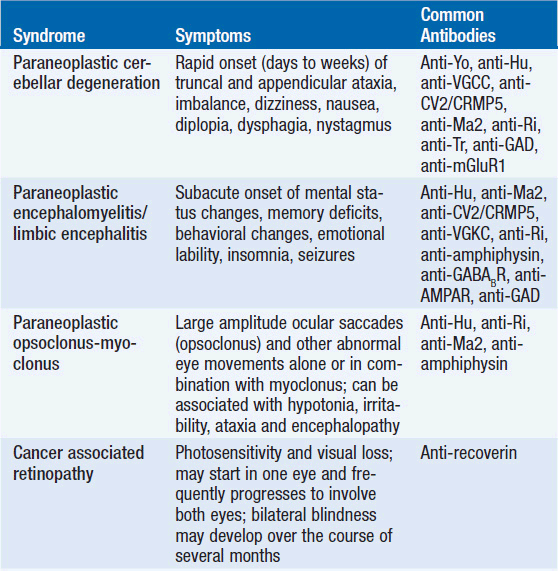
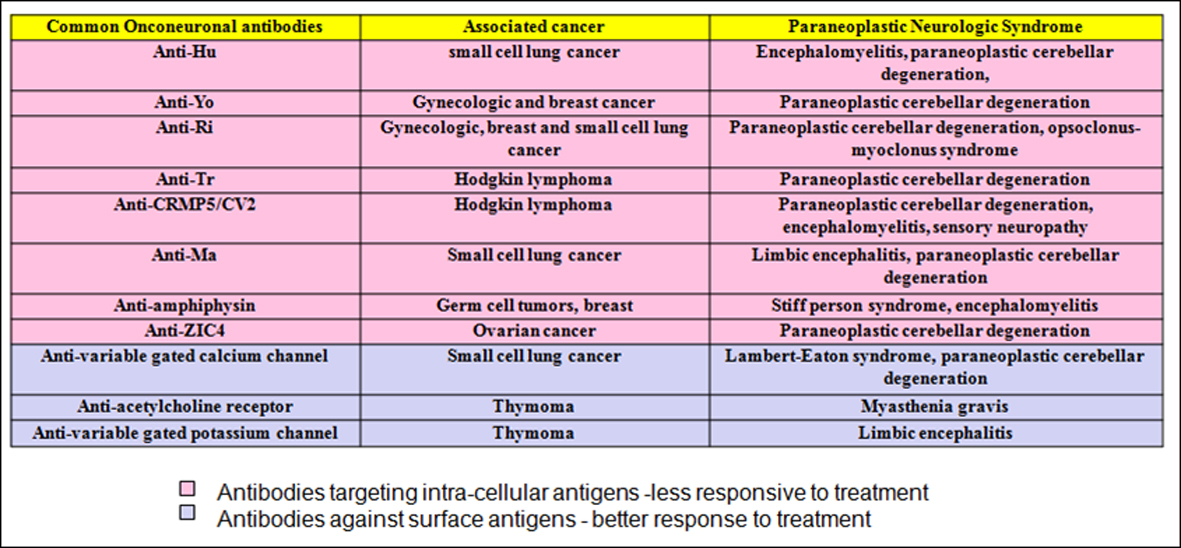

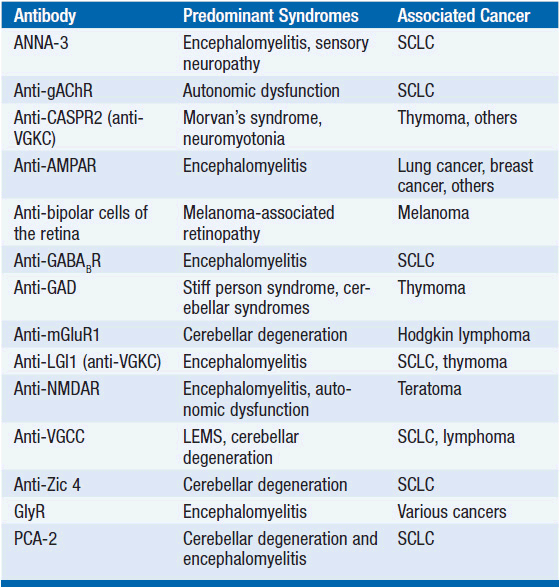


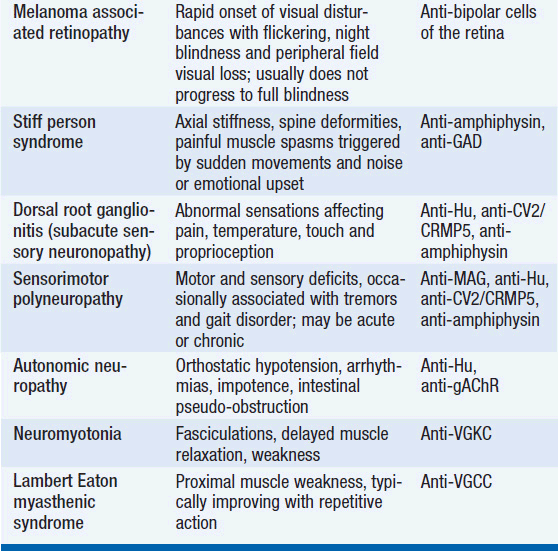

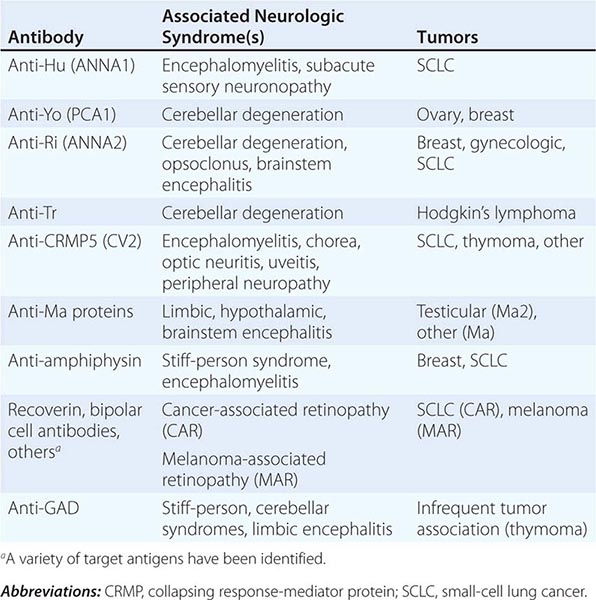





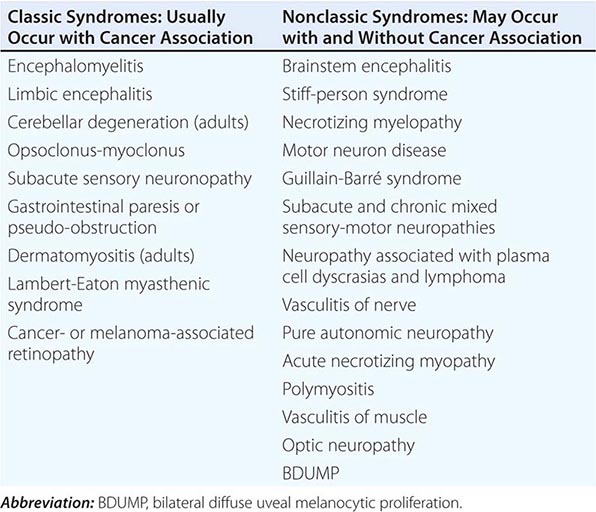
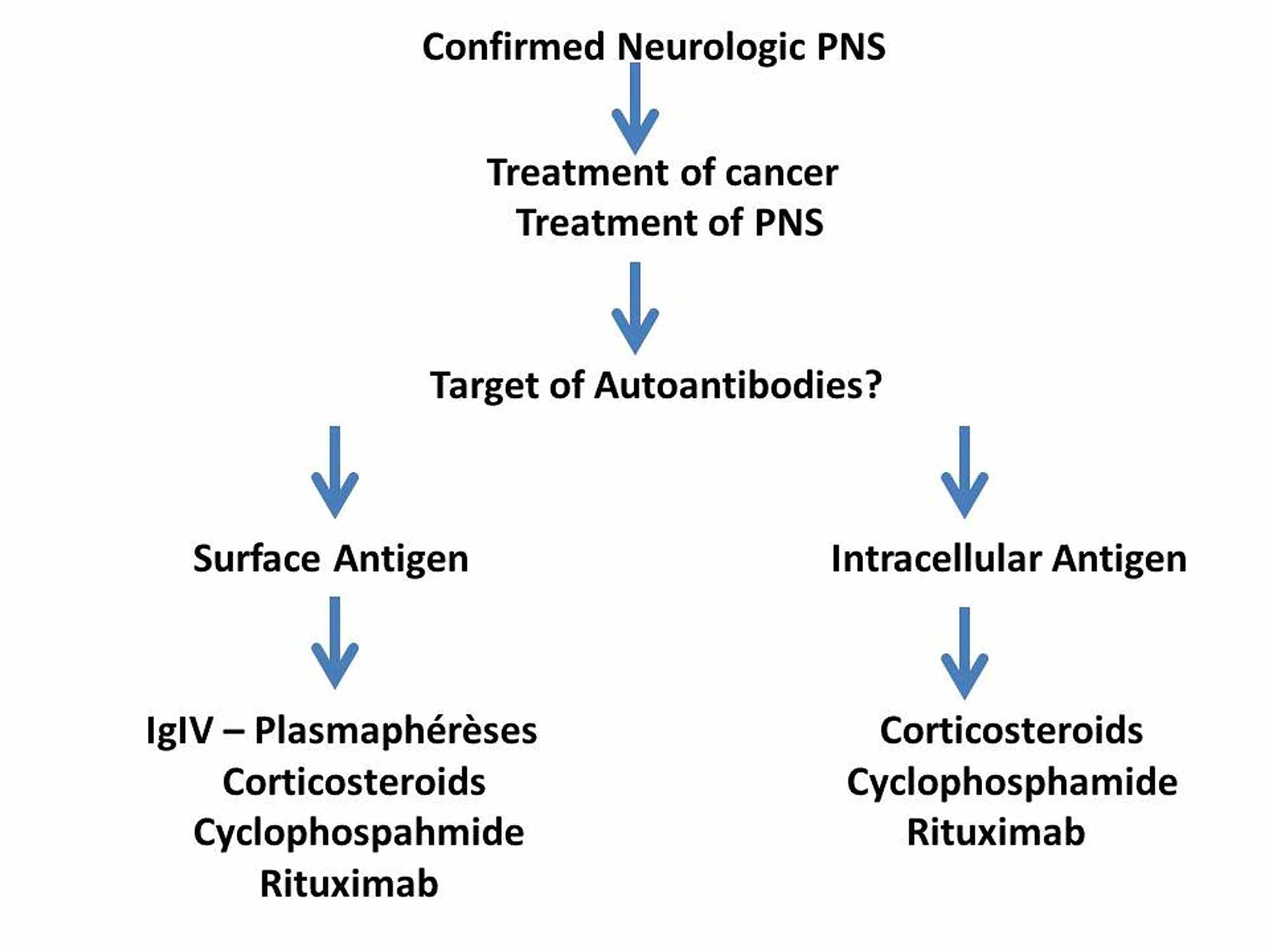
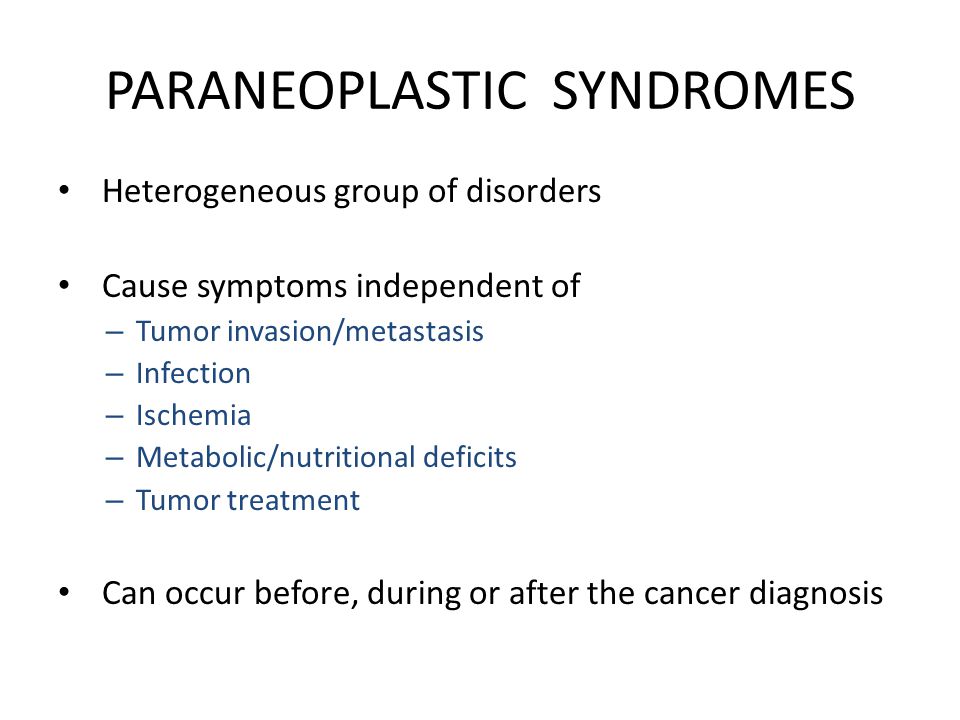

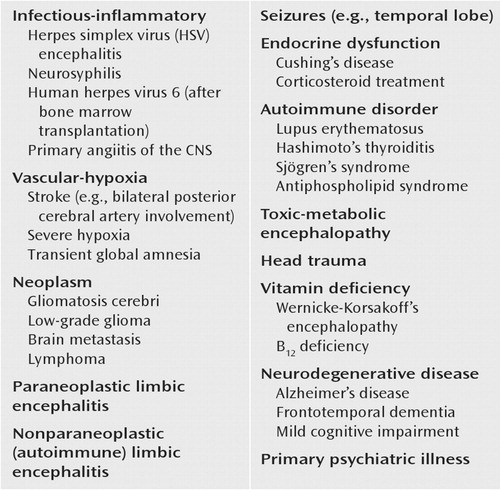
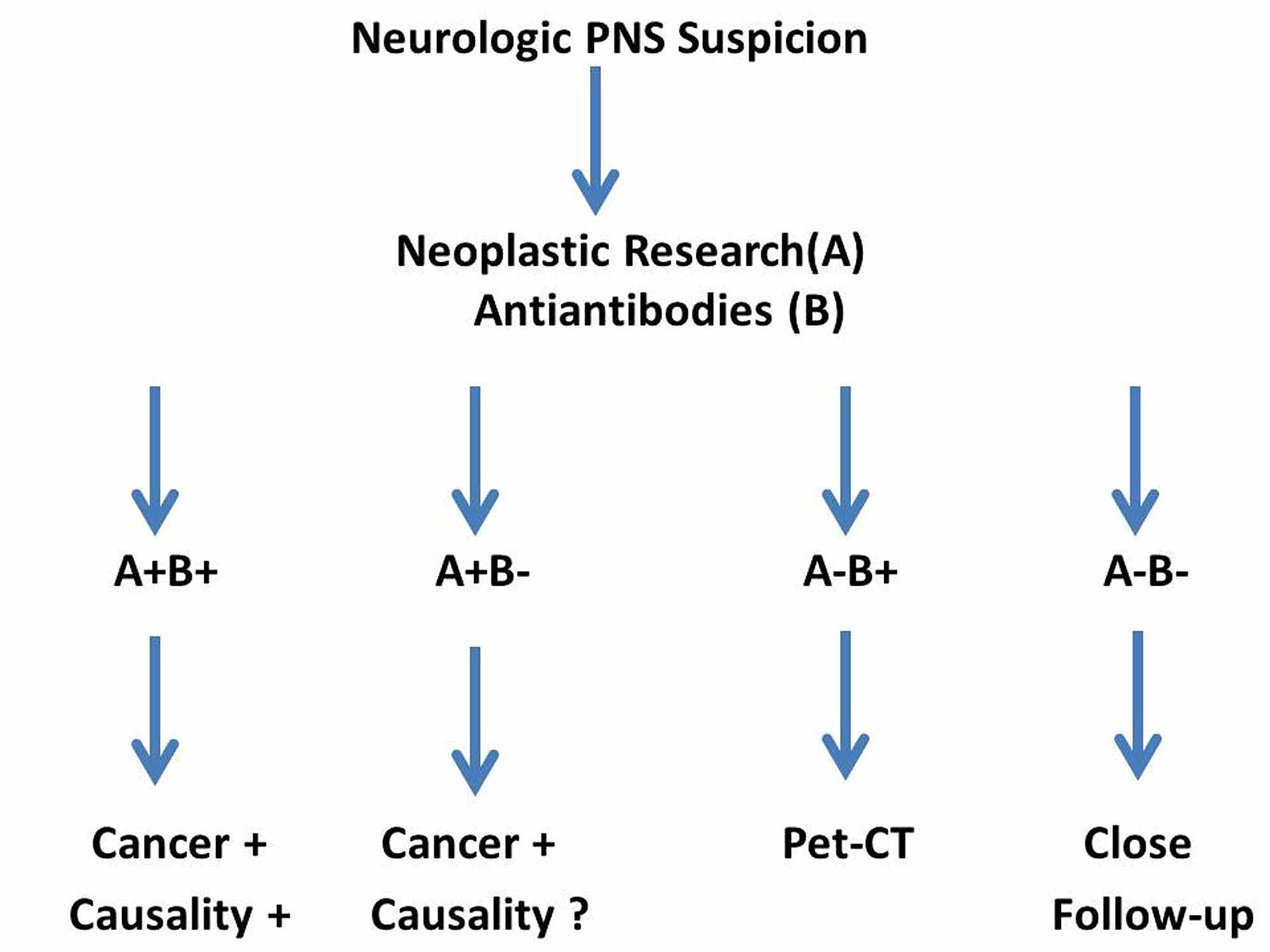







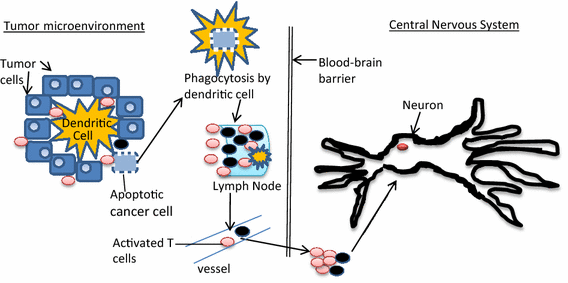




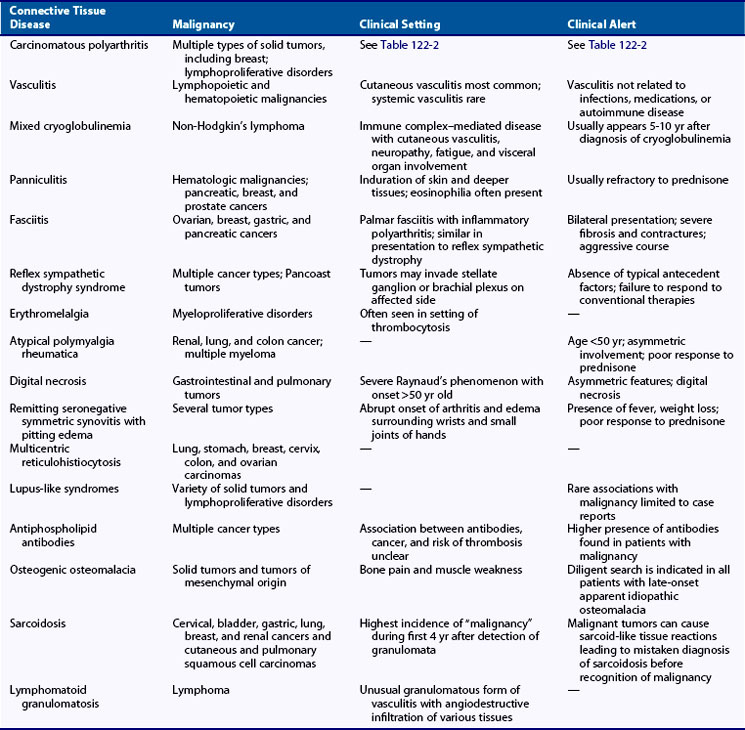
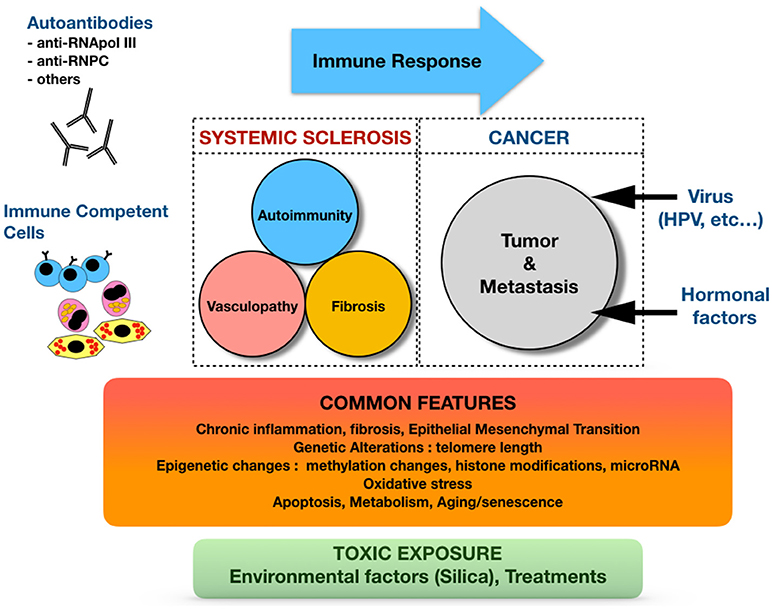
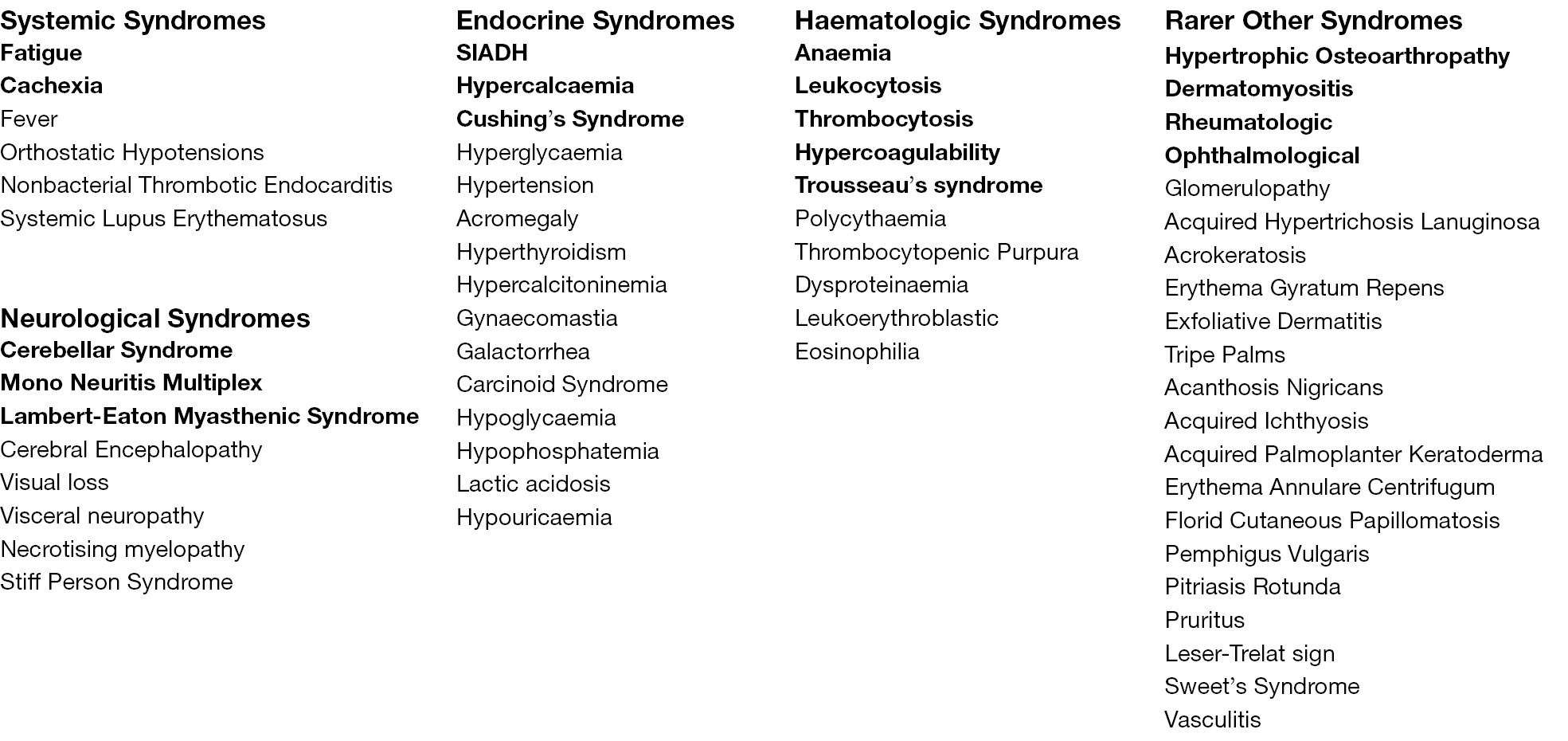



Post a Comment for "Breast Cancer Paraneoplastic Syndrome"